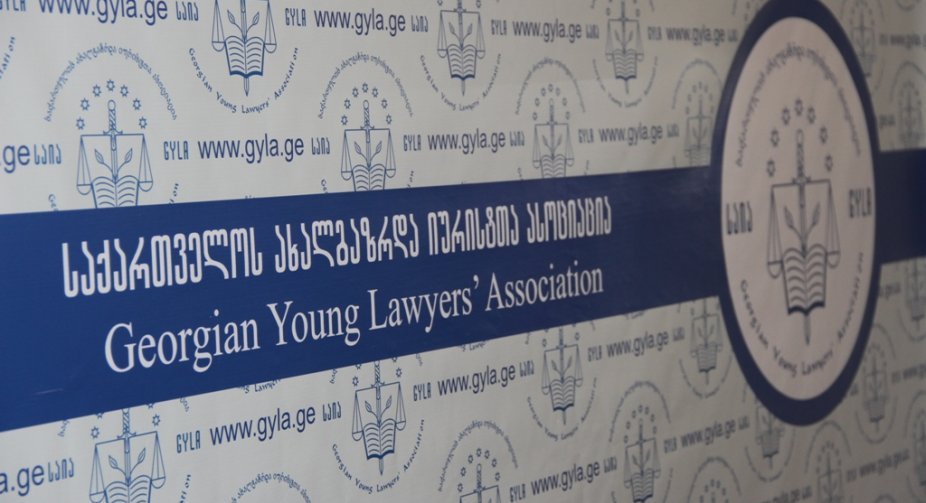Georgia's Young Lawyers' Association on Wednesday urged authorities to reject proposed changes to the Election Code, warning that the initiative will deteriorate electoral legislation.
"The proposed changes effectively exclude opposition involvement in the decision-making process and significantly increase concerns about undue influence by the ruling party over the election administration. This further undermines public and opposition parties' trust in the election process," the organization stated.
With five months remaining before the October 26 parliamentary elections, the ruling party, Georgian Dream, has introduced another set of changes to the election code. The draft law, authored by members of the parliamentary majority, alters the decision-making procedure at Central Election Commission (CEC) sessions.
Under the new proposal, if a decision requiring the support of at least two-thirds of the CEC's full membership is not reached during voting, the decision will be re-voted in the same session. In this second vote, a simple majority of the CEC's full membership will suffice to pass the decision. According to the association, this change diminishes the opposition's role in decision-making.
"The proposed change disrupts the balance between party-selected and professionally-selected members, established by the political agreement of April 19, 2021. Consequently, a decision could be made solely with the votes of eight professional members and one ruling party representative," the organization explained.
Additionally, the bill proposes abolishing the CEC's advisory group, which comprises international and local experts appointed by the Public Defender's Office and monitoring organizations.
Another amendment in the law stipulates that temporary members of the District Election Commission, auxiliary or technical staff, and Precinct Election Commission members who are part of the unified database of socially vulnerable families and receive social benefits, will have their labor remuneration excluded from the calculation of their family's total income, ensuring continued state funding.






